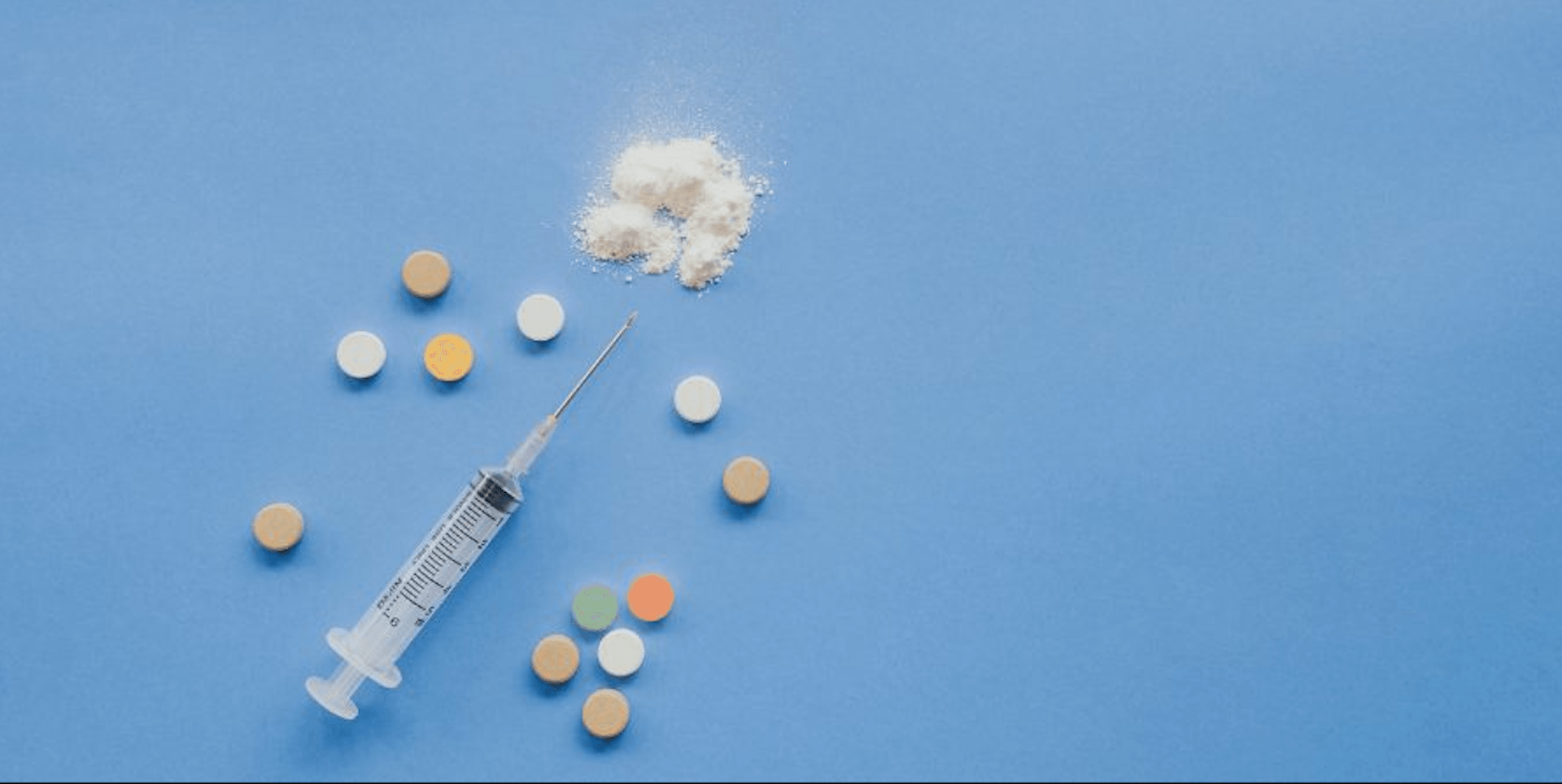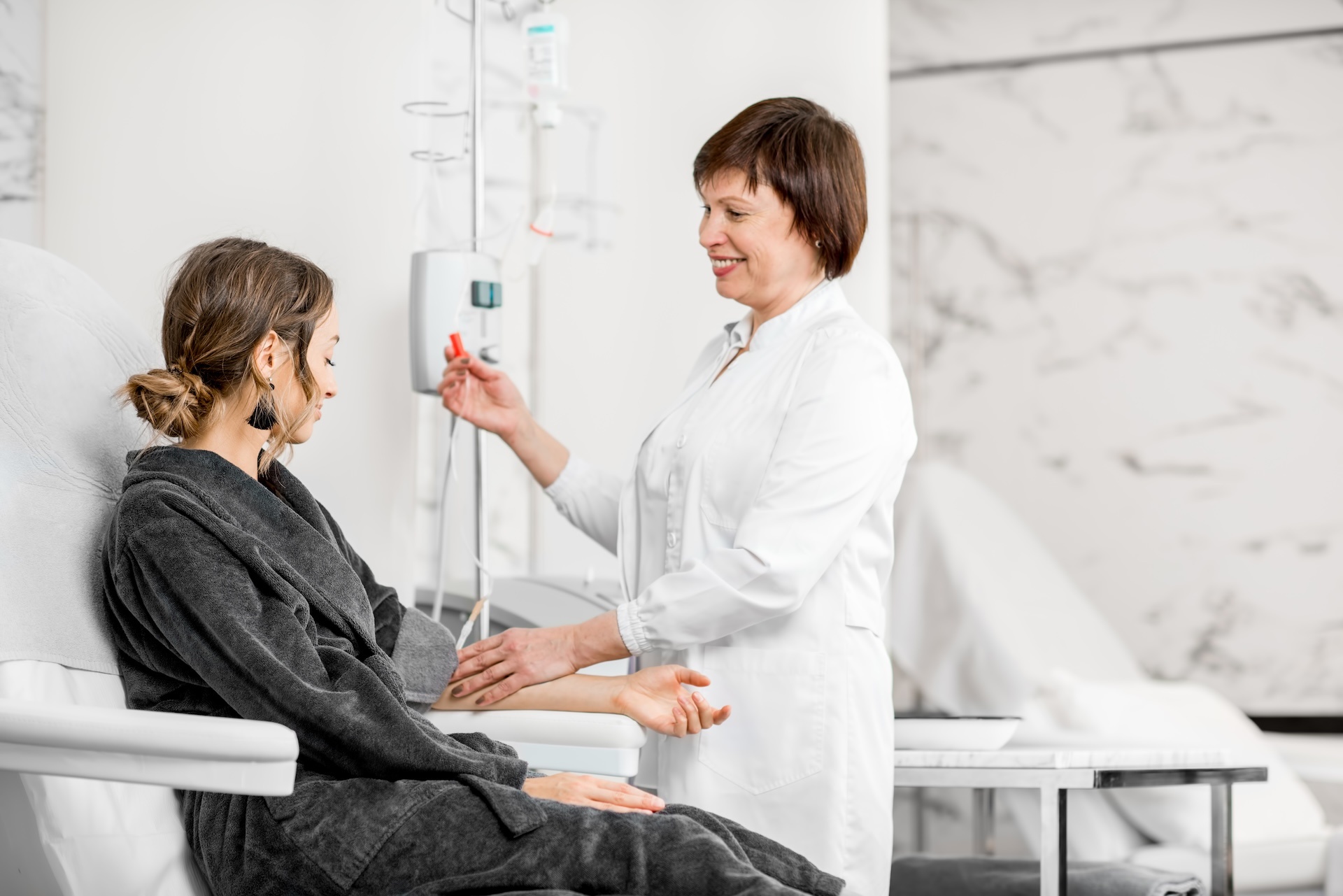Opiate Addiction Treatment in Pasadena


Looking for opiate addiction treatment near you? Discover personalized recovery options in Pasadena, including detox, therapy, and ongoing support you can trust.
Opioid addiction continues to devastate individuals and families across the country—including right here in Pasadena. If you’ve found yourself searching for opiate addiction treatment near you, you’re not alone—and more importantly, help is available.
At The Forge Recovery Center, we specialize in guiding individuals through personalized, evidence-based care that addresses both addiction and underlying mental health challenges. Whether you're seeking help for yourself or someone close to you, knowing what to expect can ease the uncertainty. In this article, we will walk you through the key stages of treatment and how The Forge can support your recovery journey.
Recognizing the Need for Treatment

Opiate addiction often begins subtly—missed responsibilities, unexplained fatigue, or changes in mood that feel “off.” But over time, what starts as casual use can spiral into opioid use disorder (OUD), a medical condition that requires professional care. Recognizing the signs early can make all the difference in how successful treatment is.
Common Signs and Symptoms of OUD
Opioid use disorder affects people in different ways, but there are clear warning signs. These include:
Increased tolerance: Needing more of the drug to feel the same effects.
Withdrawal symptoms: Nausea, muscle aches, anxiety, or sweating when not using.
Loss of control: Repeated failed attempts to stop or cut back.
Preoccupation with use: Spending a lot of time getting, using, or recovering from opioids.
Continued use despite harm: Using even when it's causing problems at work, in relationships, or health-wise.
Physical, Psychological, and Behavioral Red Flags
OUD doesn’t just affect the body—it impacts every area of life:
Physical signs: Constricted pupils, weight loss, drowsiness, or frequent flu-like symptoms.
Psychological changes: Mood swings, anxiety, depression, or irritability.
Behavioral shifts: Isolating from loved ones, lying about drug use, stealing, or missing commitments.
Loved ones often notice the change before the person struggling does. If these signs feel familiar—for yourself or someone close to you—it’s time to consider professional help.
The Importance of Early Intervention
Opiate addiction is progressive. The longer it goes untreated, the more damaging and dangerous it becomes. Early intervention can:
Prevent life-threatening overdoses.
Shorten the recovery timeline.
Improve long-term treatment outcomes.
Restore relationships and rebuild stability.
At The Forge Recovery Center, we believe that recognizing the need for treatment is a courageous first step. Our team is here to guide you from that moment forward—with compassion, clarity, and personalized care that meets you where you are.
Initial Steps: Assessment and Personalized Planning
No two people experience addiction the same way—which is why effective treatment should never follow a one-size-fits-all model. At The Forge Recovery Center, the journey toward recovery begins with a comprehensive assessment that lays the foundation for a personalized treatment plan tailored to your unique needs.
Comprehensive Evaluation: Understanding the Whole Picture
The first step in opiate addiction treatment is a thorough clinical assessment. This process involves:
Medical history review: Understanding any past or present health conditions.
Substance use history: How long you’ve been using, frequency, types of opioids used, and any previous treatment attempts.
Mental health screening: Identifying symptoms of anxiety, depression, PTSD, or other co-occurring disorders.
Lifestyle and support system: Examining family dynamics, living situation, and employment or academic background.
This evaluation helps our team get a 360-degree view of what you’re facing—so we can design a recovery approach that actually works.
Creating a Personalized Treatment Plan
Once the assessment is complete, we use that insight to craft a treatment plan centered around your goals, challenges, and preferences. This plan may include:
Medical detox (if needed) to manage withdrawal safely
Individual and group therapy to address core emotional issues
Medication-assisted treatment (MAT) for physical stabilization
Family counseling to rebuild trust and support
Life skills training and aftercare planning for long-term success
Your treatment plan isn’t static. We adjust it as you progress to ensure that it continues meeting your evolving needs.
Addressing Mental Health and Dual Diagnosis
Many individuals struggling with opioid addiction also face underlying mental health conditions—known as co-occurring disorders or dual diagnoses. Ignoring these issues often leads to relapse or incomplete recovery. That’s why at The Forge Recovery Center, we integrate mental health support directly into the treatment process.
Through evidence-based therapies like Cognitive Behavioral Therapy (CBT) and Dialectical Behavior Therapy (DBT), we help you manage both addiction and mental health challenges together. This whole-person approach leads to deeper healing and a stronger foundation for lasting sobriety.
From the moment you walk through our doors, everything we do is built around you. Because lasting recovery isn’t about fitting into a program—it’s about building one that fits your life.
Are You Struggling with Mental Health or Addiction?
We Can Help. Call Us Now!
CALL: 877-839-1772
Detoxification: Managing Withdrawal Safely

Detox is often the first physical hurdle in the recovery process—but it’s also one of the most critical. When someone stops using opioids, their body reacts with withdrawal symptoms that can range from uncomfortable to life-threatening. That’s why detox should never be attempted alone. At The Forge Recovery Center, we offer medically supervised detox services designed to help you get through this stage safely and with dignity.
Understanding the Detox Process and Its Challenges
Opioid withdrawal can begin within hours of the last dose and typically peaks within a few days. While it isn’t usually fatal, the symptoms can be intense enough to drive someone back to using—just to stop the discomfort.
Common withdrawal symptoms include:
Muscle aches and joint pain
Anxiety and restlessness
Nausea, vomiting, and diarrhea
Insomnia
Cold flashes and sweating
Intense cravings
These symptoms are your body’s way of rebalancing itself after becoming dependent on opioids. However, trying to manage them without medical help can lead to complications, dehydration, and relapse.
The Role of Medical Supervision
In a medically supervised detox program, you’re not left to suffer through withdrawal alone. Instead, trained medical professionals monitor your vital signs, provide emotional support, and intervene quickly if complications arise. You’ll be in a safe, controlled environment where your health and comfort are the top priorities.
Medical detox at The Forge Recovery Center offers:
24/7 clinical supervision
Symptom management to ease discomfort
Emotional support to reduce fear and anxiety
Seamless transition into the next phase of treatment
This support can make the difference between a failed attempt at sobriety and a strong start toward lasting recovery.
Medications and Therapies That Help
To reduce withdrawal severity and promote comfort, several FDA-approved medications are commonly used during opioid detox:
Buprenorphine: Reduces cravings and withdrawal without producing a high
Clonidine: Eases symptoms like anxiety, muscle aches, and agitation
Anti-nausea and sleep aids: Help manage secondary effects of withdrawal
These medications, combined with supportive care and therapeutic check-ins, help stabilize your body and mind—making it easier to engage in the next steps of treatment.
At The Forge, detox is more than just getting the drugs out of your system—it’s about giving you a safe, supported environment to begin rebuilding your life.
Therapeutic Approaches to Recovery
Detox may address the physical side of addiction, but real recovery begins with therapy. At The Forge Recovery Center, we use a range of evidence-based therapeutic approaches that help you understand the why behind your addiction—and give you the tools to break the cycle. These therapies aren’t just about talking—they’re about transformation, building coping skills, repairing relationships, and reshaping how you respond to life.
Behavioral Therapies That Drive Change

Two of the most effective forms of therapy for opioid addiction are:
Cognitive Behavioral Therapy (CBT):
CBT helps you identify and reframe the negative thought patterns that fuel addiction. If you've ever thought, "I can’t handle stress without using," CBT helps challenge and replace that mindset with healthier coping strategies.Motivational Interviewing (MI):
MI is a client-centered approach that helps you explore your reasons for wanting change. Rather than pushing you toward recovery, MI helps uncover your own internal motivation—because change is most powerful when it comes from within.
Other modalities may include trauma-informed therapy, mindfulness-based relapse prevention, and Dialectical Behavior Therapy (DBT) for clients dealing with emotional regulation challenges.
Group Therapy and Peer Support
One of the most powerful aspects of recovery is realizing you’re not alone. Group therapy gives you the chance to share your story, listen to others, and build community with people who get it.
In group sessions at The Forge, you’ll:
Hear how others are overcoming similar struggles
Gain insight from multiple perspectives
Practice communication and accountability
Learn that vulnerability is strength, not weakness
We also encourage participation in peer support groups, which provide ongoing connection and encouragement even after formal treatment ends.
Family Involvement and Counseling
Addiction doesn’t happen in a vacuum—it affects families deeply. Rebuilding trust, improving communication, and understanding addiction as a disease are essential parts of the healing process.
That’s why we offer family counseling and education sessions that help:
Break patterns of enabling or codependency
Rebuild healthy boundaries
Address past hurt with compassion and structure
Equip loved ones to support long-term recovery
When families heal together, recovery becomes more sustainable—and lasting change feels more attainable.
At The Forge Recovery Center, therapy isn’t just part of your treatment plan—it’s the engine of your recovery. It’s where real change happens, one breakthrough at a time.
Are You Struggling with Mental Health or Addiction?
We Can Help. Call Us Now!
CALL: 877-839-1772
Opioid Addiction Taking Control? Let’s Take Your Life Back
If you or someone you love is struggling with opioid addiction, you're not alone—and you don’t have to fight this battle on your own. At The Forge Recovery Center, we provide personalized, compassionate care designed to treat both addiction and the underlying issues that fuel it. From detox to long-term support, we’ll walk with you every step of the way. Recovery is possible, and it starts with a single decision to reach out. Let us help you take your life back—starting today.
Are You Struggling with Mental Health or Addiction?
We Can Help. Call Us Now!
CALL: 877-839-1772





